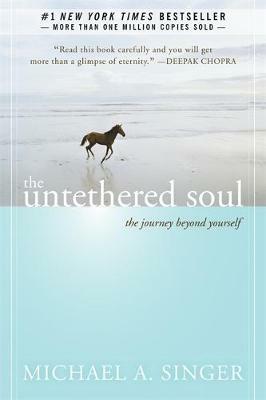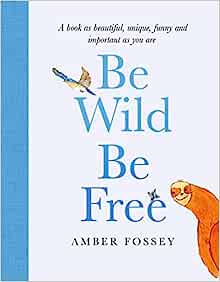Amazon has, without doubt, created the most important and influential platform for authors to sell their work. The barriers that were firmly set by traditional publishers have all been pretty much broken down and now it is those publishers that are struggling to retain some control over market forces. Serious authors are now free to self-publish and self-promote in a way they never could; some of the bigger authors are even choosing to self-publish simply because it gives them more control and a bigger portion of the royalties. But, like any other brilliant idea, Kindle publishing is being hijacked and abused by those out to make a quick buck. There are even hundreds of courses out there on how to grab a portion of those Kindle royalties by churning out crap; not even self-produced crap in many cases, but outsourced crap that authors don’t even put their own name to. Thousands of books out there may appear to be written by legitimate authors, but the reality is that one author is putting out many titles, often written by paid sources, and raking in the profits. It’s not exactly ethical but it’s not forbidden either, although I can definitely foresee a time when Amazon employs it’s full might to weeding out some of the biggest abusers of the system.
It’s not that I particularly mind people taking advantage of the system; I’ve done it myself for one book, but it does keep the market saturated with low quality information products that are very hard to compete with. One of my biggest bugbears is the amount of people who write books on how to make your first million or how to write the best book in the universe when they clearly haven’t done so themselves; they are just following a generic strategy geared at enticing readers to buy their books rather than writing from their own experience. It could be said that these writers are just researching and providing content that readers want, but it does seem pretty disingenuous to me. Thousands of books are being published every day on Kindle and it’s getting pretty hard to be discerning about what you read. I’m a member of Kindle Unlimited and I regularly download books that claim to solve the problem of selling more books or creating good writing habits or finding niche markets, and guess what? They all seem to be just reworked versions of each other; very few offer anything new or different. I know that in this information age it’s harder to provide valuable content that differs from the rest, but obvious rewrites are just a cynical way to earn money.
On the other side, readers are lapping up eBooks like never before. Amazon’s Kindle has definitely revolutionised the way we read books and Apple will probably soon not be far behind. People are moving away from the long-winded 300 page books that traditional publishing favoured, and prefer to pay a dollar for a 30 page quick read that can be read in an hour. It’s a sign of the fast paced world we live in; many of us just want information quickly and concisely. For that reason, writing these products is actually a pretty good business plan if you can make it work for you. It doesn’t stop it being a shame that good writing is consistently overlooked, but it’s hard to stay principled when you are trying to make a living.
So is the Kindle gold rush over? Well the wave has certainly broken since it reached it’s peak in 2012; many wannabe writers have joined the surf having seen the potential there, but that’s usually what happens when a new market becomes popular. The same thing happened with podcasting. While still popular, the time has gone when it was possible to make a killing through podcasting and only the most established can ride out the lull; anyone coming into Kindle publishing or podcasting right now has kind of missed the best of the opportunity. It’s not all doom and gloom though; the USA is where the biggest percentage of Kindle users are centred but the worldwide future for the Amazon device is glowing. Users around the world are coming on-board all the time and accessibility is improving dramatically with free Kindle reading apps for phones and computers, so the waves should keep coming. They will never be as big as the first wave but they will still offer opportunity to writers; the only question you need to ask yourself is this: do you want to be a serious writer and stick to your writing values of high quality, or do you want to try and cash in on the business model of writing generic content for cash? Personally speaking, I’m happy doing a bit of both. I’m not ready to completely sell my soul but, never say never.



